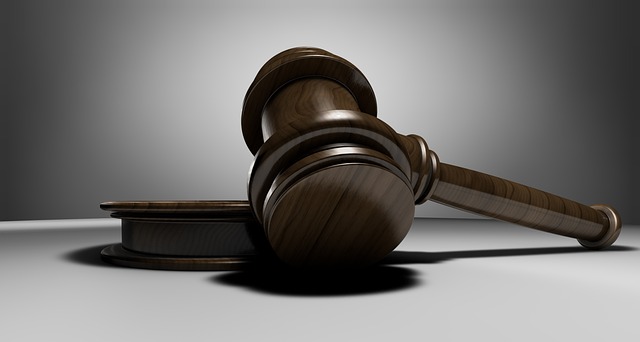Personal injury damages are heavily influenced by pre-existing conditions, which can complicate healing and increase long-term healthcare needs. Lawyers and insurance adjusters consider these factors when assessing claims, focusing on how prior health issues interact with new injuries to determine accurate compensation. Transparency in medical history disclosure is vital for ensuring fair outcomes in personal injury cases, especially regarding complex combined injuries and chronic conditions.
In the complex landscape of personal injury claims, pre-existing conditions play a pivotal role in determining compensation. This article delves into the intricate relationship between pre-existing ailments and damages, offering a comprehensive guide for both legal professionals and victims. We explore how comorbidities or chronic conditions influence settlement amounts and navigate the challenges faced when presenting such cases. Understanding these dynamics is crucial for ensuring just compensation and proper representation in personal injury damages.
- Understanding Pre-Existing Conditions: A Personal Injury Perspective
- How Pre-existing Conditions Impact Damages in Legal Cases
- Navigating Personal Injury Claims with Comorbidities or Chronic Ailments
Understanding Pre-Existing Conditions: A Personal Injury Perspective

Personal injury cases often involve a complex web of factors, and one such significant aspect is understanding pre-existing conditions. In the context of personal injury damages, a pre-existing medical issue can have profound implications on an individual’s overall health and the subsequent compensation they may receive. These conditions are essentially any ongoing health problem or disability that antedates a particular incident or accident.
When assessing personal injury damages, especially in cases like truck accidents or homeowner insurance claims, it’s crucial to consider how pre-existing conditions might impact an individual’s ability to heal, their long-term healthcare needs, and overall quality of life. For instance, if a person has a pre-existing back condition, the injuries sustained from a vehicle collision may not only exacerbate the existing issue but also lead to prolonged recovery or even permanent disability. This can directly affect the level of injury compensation claimed by the victim. Therefore, providing an accurate medical history and assessing the interaction between new injuries and pre-existing conditions is vital for both legal proceedings and insurance claims.
How Pre-existing Conditions Impact Damages in Legal Cases

In legal cases involving personal injury damages, pre-existing conditions play a significant role in determining compensation. When an individual experiences new or aggravated injuries due to an incident like a car accident or truck collision, their existing medical history becomes crucial. A truck accident attorney or personal injury lawyer will consider any prior injuries, treatments, and relevant medical records to assess the impact on the current damages. For instance, if someone has a pre-existing back condition that is exacerbated by a car accident injury, the settlement may reflect the need for specialized treatment tailored to both conditions.
Understanding how these conditions interact is essential in homeowner insurance claims as well. Policyholders should disclose relevant pre-existing health issues when filing a claim, as insurers often review medical records to calculate compensation fairly. This transparency ensures that personal injury damages are accurately assessed, reflecting the totality of injuries sustained, including those that may have been worsened or newly developed due to an accident, such as car accident injuries.
Navigating Personal Injury Claims with Comorbidities or Chronic Ailments

When individuals file personal injury claims, especially for incidents like slip and fall accidents or cases of caregiver abuse, their health status can significantly impact the outcome. Comorbidities and chronic ailments, often pre-existing conditions, play a crucial role in determining the level of damages awarded. These co-occurring health issues can complicate recovery, prolong rehabilitation, and increase medical expenses, all of which are considered when assessing personal injury damages.
For instance, if a slip and fall victim already suffers from arthritis or heart disease, the injuries sustained in the accident might be more severe and require prolonged care. In cases like wrongful death claims, where a pre-existing condition worsens due to an incident, determining fault and calculating damages becomes even more complex. It’s essential for claimants to disclose their medical history accurately to ensure a fair assessment of their injuries and subsequent compensation for personal injury damages.
In understanding the intricate relationship between pre-existing conditions and personal injury damages, it’s evident that these factors significantly influence the outcome of legal cases. Comorbidities and chronic ailments can either exacerbate or mitigate injuries, necessitating a nuanced approach in navigating personal injury claims. By thoroughly evaluating each case and considering the unique interplay of pre-existing conditions, plaintiffs can ensure fair compensation for their sustained damages.






